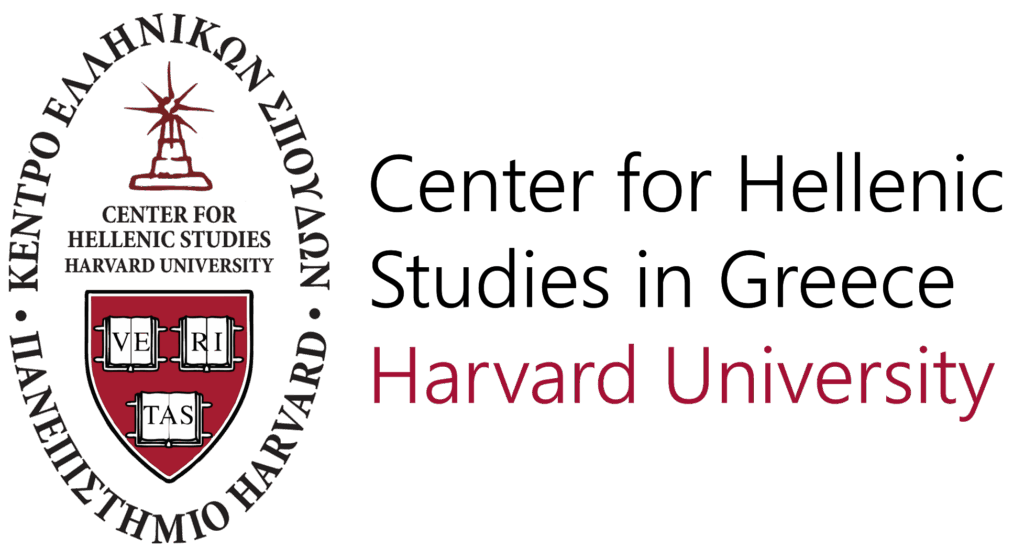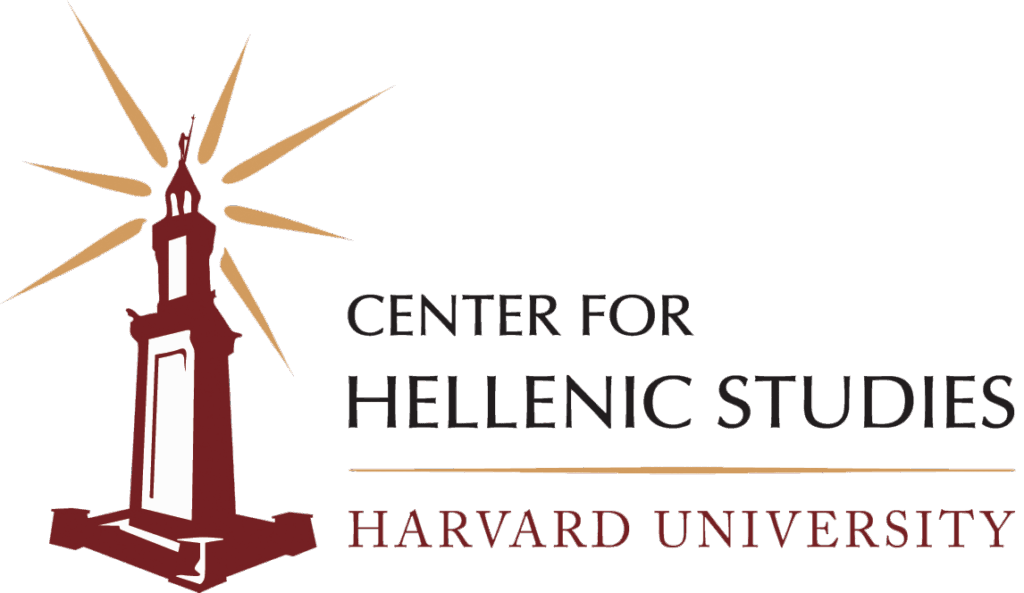Intensive Summer Course on Migration and Refugee Studies in Greece
Migration Op-Ed Series:
Revisit the 2023 course through the eyes of some of the participants:
2024 Course: Important Information at a Glance
Dates: July 5, 2024 – July 28, 2024
Application Period: November 6, 2023 – February 10, 2024
Open to:
- Sixteen Harvard participants: The following are eligible to apply: graduate students from any Harvard graduate school, doctoral candidates, college seniors. Harvard alumni (anyone who has graduated from Harvard University in the past).
- Sixteen Non-Harvard participants: The following are eligible to apply: doctoral, graduate or senior undergraduate students enrolled in any university across the world.
Cost of Participation for active Harvard Students: $3,850
Cost of Participation for Harvard Alumni: $3,950 (the additional amount reflects the cost of insurance that is provided for free to active Harvard students)
Location: Greece: Athens, Nafplio and Ancient Olympia, Lesvos
Harvard FXB Scholarships: Available only to Harvard University applicants. Harvard affiliates with a refugee background and with demonstrated financial need can apply for the Albina du Boisrouvray Scholarship offered by the FXB Center for Health and Human Rights at Harvard University. If you are eligible, please apply here.
Refugee Scholarships: Available to eligible non-Harvard applicants. The Harvard FXB Center is working on providing scholarships facilitating course attendance for refugees with demonstrated financial needs. Eligible applicants from across the world can apply through the relevant platform. If you are eligible, please apply here.
Harvard Program Director: Dr. Vasileia Digidiki
About the Summer Course
The François-Xavier Bagnoud (FXB) Center for Health and Human Rights at Harvard University, in collaboration with the Refugee and Migration Studies Hub at the National and Kapodistrian University of Athens, Greece, and with the support of the Harvard Center for Hellenic Studies in Greece and the U.S., is offering a three-week intensive, interdisciplinary course on migration and refugee studies. The course is designed to offer participants both conceptual and practical engagement with key issues related to contemporary forced migration.
The course will include lectures, seminars, interactive class sessions and fieldwork. It will be held in four sites – Athens, Ancient Olympia, Nafplio and Lesvos. Enrollment will be limited to 32 students (16 Harvard-affiliated participants and 16 participants from across the world). Expert lecturers will include leading scholars, politicians, leaders of international organizations, civil society organizations and migrant/refugee groups. The course will be taught in English and organized around a multidisciplinary, rights-based curriculum that draws on legal, medical, environmental and broader social science approaches to migration policy and practice.
Cost and Expenses
The cost of participation ($3,850) includes:
- Accommodation
- Lunch and some dinners
- All program activities, including scheduled cultural activities
- Ground and sea transportation for planned program activities
There are a number of expenses that are not covered by the program fee that students are responsible for. These expenses include:
- International airfare
- Ground transportation for personal reasons
- Personal expenditures, communication, course materials, and incidentals
It should be noted that students who need a visa to travel to Greece are responsible for securing their visas themselves. An invitation letter to support the visa application can be provided by the National and Kapodistrian University of Athens.
Deposits/Payments
Successful applicants are required to pay a $600 nonrefundable deposit by March 15, 2024 to secure their place in the program. The remaining amount is to be paid by April 15, 2024.
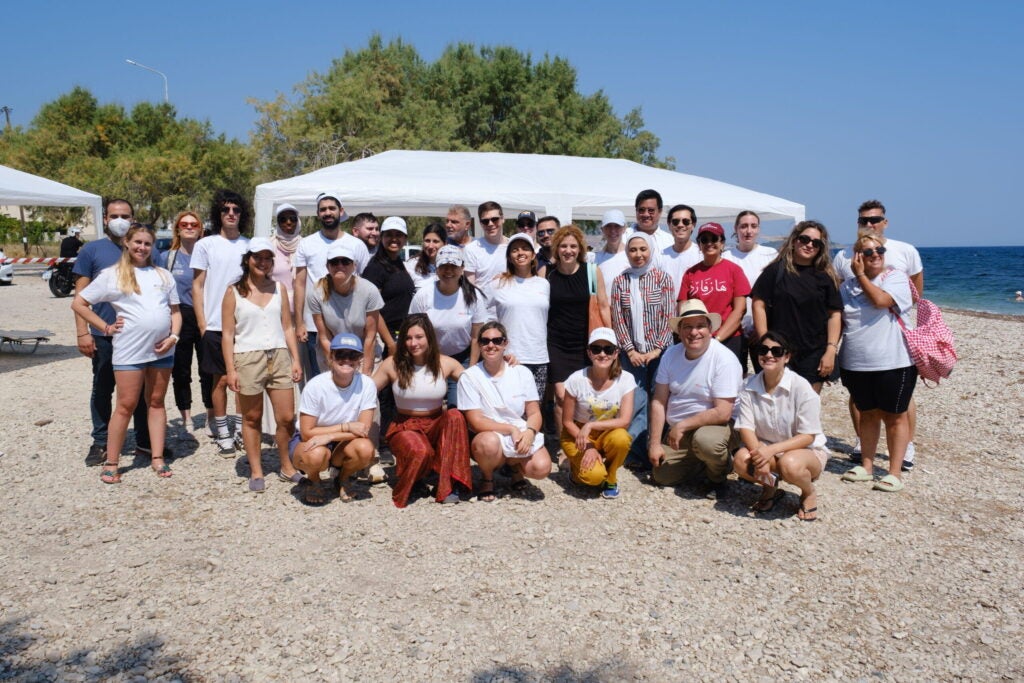
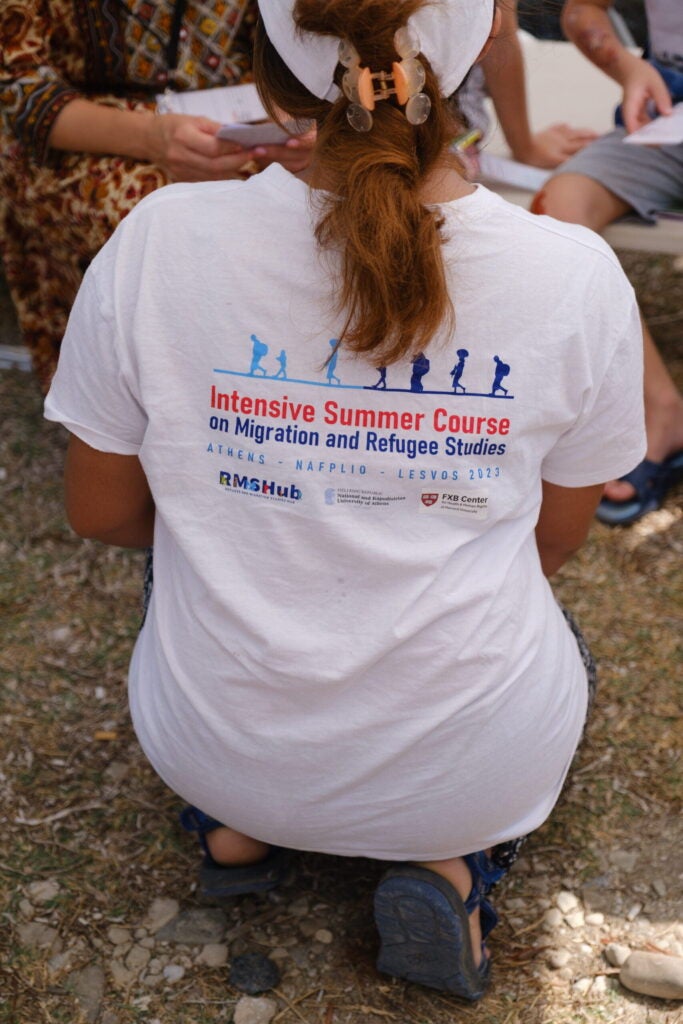
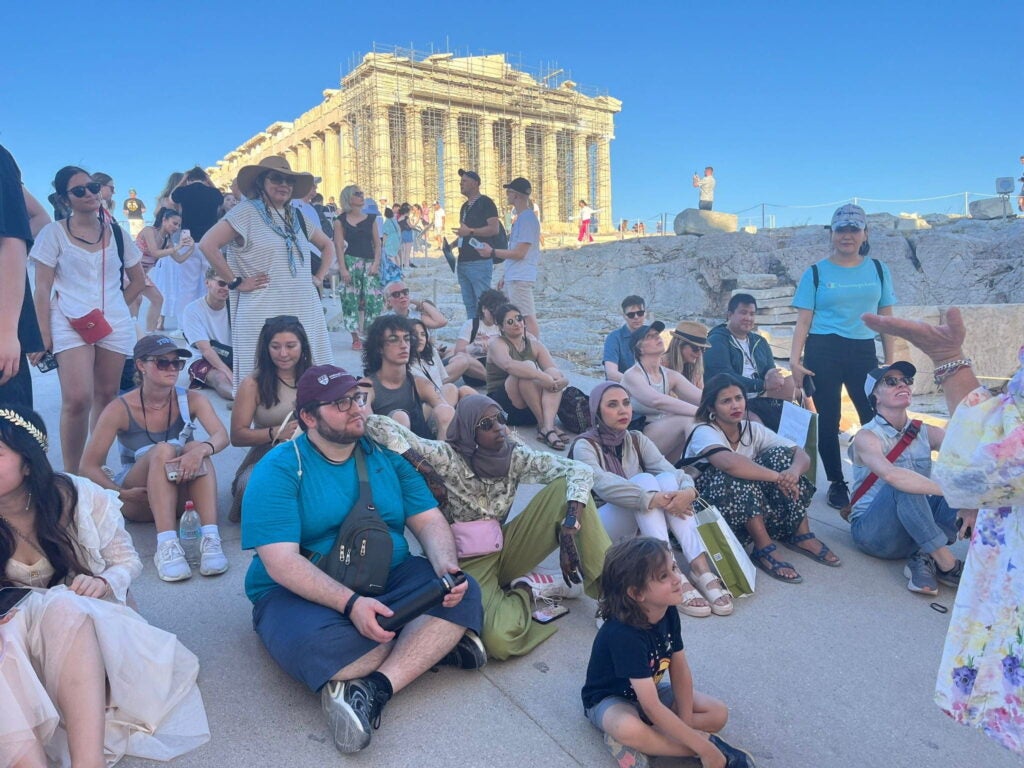
Additional Information
Important Dates to Remember
- November 6, 2023: Application process opens
- February 10, 2024: Application process closes
- March 1, 2024: Notification of successful applicants
- March 15, 2024: Payment of $600 deposit to secure place in the program
- April 15, 2024: Payment of full amount
- July 4, 2024: Departure to Athens
Questions
For additional information on the program or application process, please contact Dr. Vasileia Digidiki at vdigidik@hsph.harvard.edu.
Organizers


